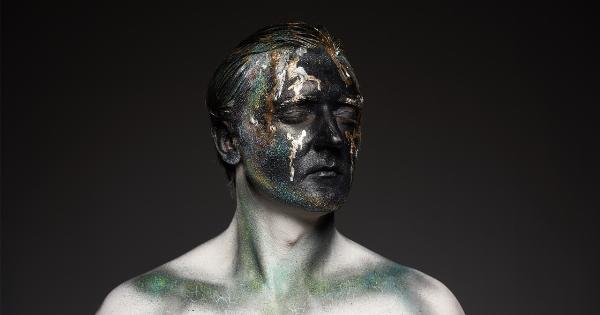The trend of getting plastic surgery among millennials has become increasingly popular over the past few years. Due to the influence of social media, many young adults now feel compelled to undergo cosmetic procedures to improve their appearance.
While plastic surgery can have positive effects on one’s self-esteem, it can also be addictive and lead to detrimental consequences.
What is plastic surgery addiction?
Plastic surgery addiction, also known as body dysmorphic disorder (BDD), is a psychological condition characterized by a person’s obsession with their appearance and the need to constantly improve it through cosmetic procedures.
Individuals who suffer from plastic surgery addiction view themselves as flawed and believe that surgery is the only solution to feel better about themselves.
The rise of plastic surgery among millennials
The rise of social media and the pressure to present a perfect image has contributed to the increase in plastic surgery among millennials.
With apps like Snapchat and Instagram, people are constantly sharing their lives and putting their best face forward. It’s easy to feel left behind if you don’t fit the mold of what is considered attractive or desirable.
In addition, some celebrities and influencers have openly discussed their plastic surgery procedures and how it has improved their self-confidence.
This has made many young people feel that plastic surgery is a quick and easy way to achieve the appearance they desire.
Popular plastic surgery procedures among millennials
Some of the most popular plastic surgery procedures among millennials include breast augmentation, rhinoplasty (nose job), liposuction, and Botox injections.
Breast augmentation is popular among women who want to enhance their curves, while rhinoplasty is often sought out by people who are unhappy with the appearance of their nose.
Liposuction is popular among those who want to get rid of stubborn fat deposits that aren’t responsive to diet and exercise. Botox injections are also a popular way to reduce the appearance of wrinkles and fine lines.
The potential risks of plastic surgery addiction
While plastic surgery can have positive effects on a person’s self-esteem, it can also be addictive and lead to detrimental consequences.
People who are addicted to plastic surgery may develop unrealistic expectations about their appearance and become dissatisfied with their results. They may also experience depression and anxiety if they are unable to achieve the look they desire.
Furthermore, repeated surgeries can result in scarring, asymmetry, and other complications that may require additional procedures to correct.
Excessive plastic surgery can also lead to physical health problems like infection, excessive bleeding, and damage to nerves and organs.
Social effects of plastic surgery among millennials
The social effects of plastic surgery among millennials are significant.
Young people who undergo plastic surgery may feel more confident in their appearance, but they may also face criticism and judgment from others who view their choice as superficial or unnecessary. Some individuals may even face discrimination in the workplace or in social situations due to their plastic surgery procedures.
Additionally, plastic surgery addiction can lead to financial strain as well as strained relationships with friends and family members who disapprove of the behavior.
The importance of seeking professional help
If you or someone you know is addicted to plastic surgery, it’s important to seek professional help. A mental health professional can help you address underlying psychological issues and develop coping mechanisms that don’t involve surgery.
They can also refer you to a reputable plastic surgeon who will prioritize your health and safety over profit margins.
Conclusion
While plastic surgery can have positive effects on a person’s self-esteem, it can also be addictive and lead to detrimental consequences.
The pressure to present a perfect image on social media has contributed to the rise of plastic surgery among millennials. It’s important to seek professional help if you or someone you know is struggling with plastic surgery addiction.





























